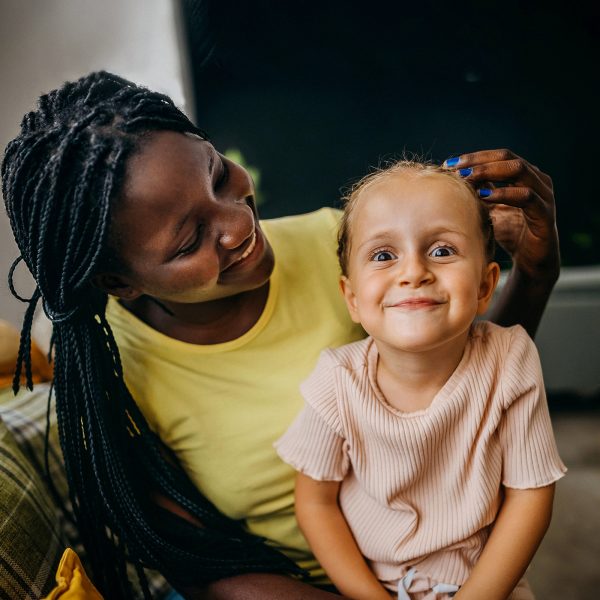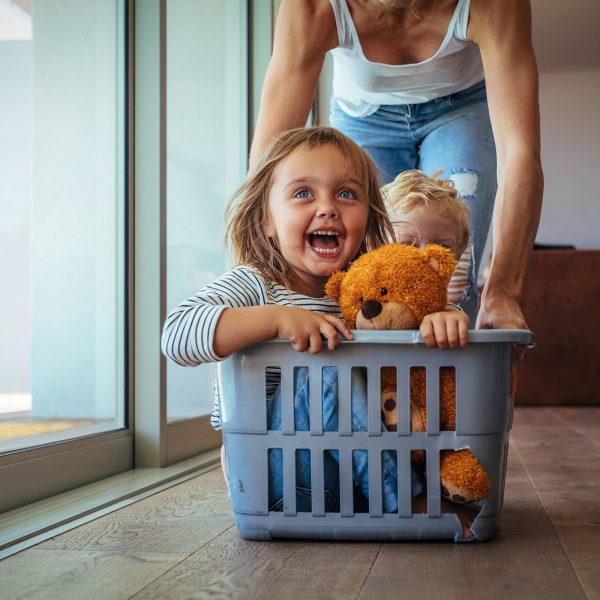How to become a foster carer
Learn the steps involved in becoming a carer
On this page:
Before we outline the general process of becoming a foster carer, it is important to note that there are different types of foster care.
We offer foster care services in Tasmania and Victoria. We currently need foster carers to help with:
- Emergency and overnight care: which provides accommodation and care for a child or young person in an emergency.
- Respite care: looking after children and young people living with a foster care family for occasional or regularly scheduled weekends.
- Short-term care: which ranges from a few days to a few months, depending on the child or young person’s needs.
- Long-term care: when the child or young person is not expected to return to their family.
Regardless of the type of foster care you provide, the steps involved with becoming a carer are the same.

How do I become a foster carer?
Step 1. Get in touch
You can register your interest using this form on the About Foster and Kinship Care page or call us directly to start the conversation. There are different numbers depending on where you live.
In Tasmania, call 0417 196 605.
In Victoria, call 0409 591 895.
Step 2. Attend an information session
We hold online information sessions regularly in both Tasmania and Victoria. These allow you to ask all your questions. You can ask us anything you like, including additional information about the process of becoming a carer and what to expect when you are fostering children.
Step 3. Attend ‘Shared Lives’ training
Shared Lives is the training program for people hoping to become foster carers. This provides in-depth information about fostering children and child safety. You will also learn about the range of comprehensive resources that can support you through your foster care journey. This training will help you to decide whether caring is right for you, and—if so—helps you prepare for your experience.
Step 4. Complete your checks
To ensure that children are safe in your care, part of the process includes a series of checks and assessments of you and the people in your home. Our team will take you through all these requirements as they change between states. Contact us to talk about what this looks like for you.
Step 5. Participate in home visits
This involves interviews with you and everyone who lives in your home. We’ll discuss your life, how a foster child may fit into your household and how you would respond in certain situations. We will also discuss the types of foster care you are most interested to provide. After these visits and conversations, we prepare a detailed report which is reviewed before you can be accredited as a foster carer.
Step 6. Get accredited
You will need to be accredited before becoming a foster carer. After all the assessments are done and reports finalised they are sent to the relevant State’s approving authority. Once you are accredited, you are placed on a register of approved carers. From here, you can begin to provide foster care. For information about the process in your State, call us right now!
Step 7. Receive ongoing support
We visit you at home at least monthly, or more if you need us to. We will also support you to make sure your registration is up to date and provide you with ongoing, specialised training. You’ll have access to around-the-clock support and we are only a phone call away.

Submit an enquiry to get started
If you’re interested, start the conversation using the form below. Prefer to talk with someone? Call our team on 13 22 78 . We’ll connect you with an experienced specialist who can help you with any questions you may have about foster care.
